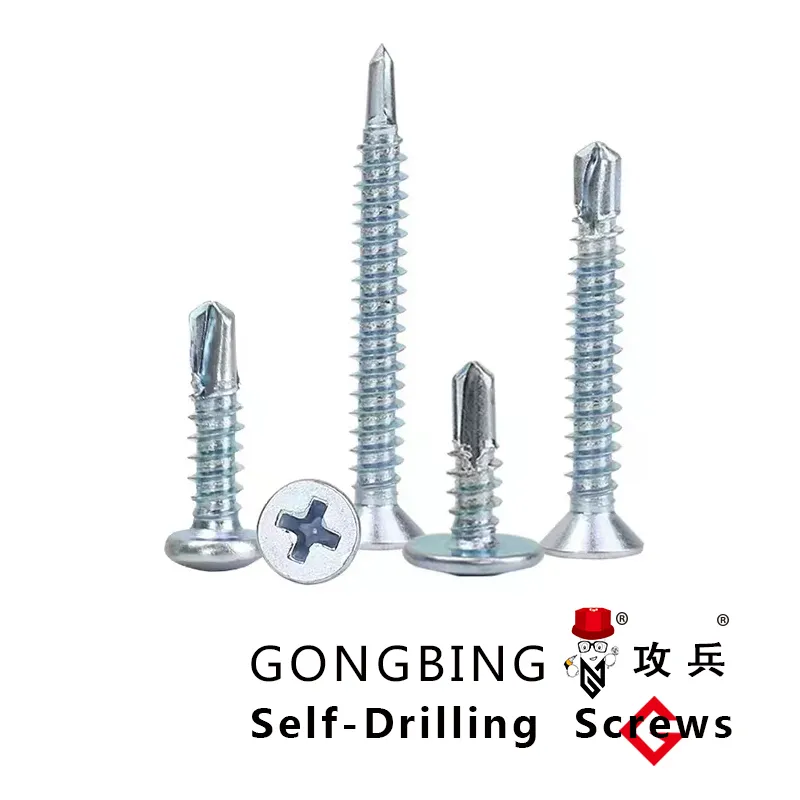Understanding the Role of Chemical Fasteners in Modern Manufacturing and Construction Solutions
The Importance of Chemical Fasteners in Modern Engineering
In the realm of modern engineering, the pursuit of efficiency, reliability, and innovation drives the development of various components used in assembly and manufacturing processes. Among these components, chemical fasteners play a crucial role, offering unique advantages that traditional mechanical fasteners often fail to provide. This article delves into the characteristics, applications, and benefits of using chemical fasteners in various industries.
Chemical fasteners, commonly known as adhesives or bonding agents, are substances that bond materials together through chemical reactions rather than mechanical means. These fasteners can be categorized into various types, including epoxies, polyurethanes, cyanoacrylates, and more specialized formulations designed for specific applications. Unlike screws, bolts, or rivets, which rely on physical interlocking, chemical fasteners create a molecular bond between substrates, resulting in a seamless and robust connection.
One of the primary advantages of chemical fasteners is their ability to bond dissimilar materials. In applications where metals, plastics, ceramics, and composites must be joined, mechanical fasteners may not offer the necessary strength or compatibility. Chemical fasteners, however, have been formulated to create effective bonds across a wide range of materials, providing engineers with greater flexibility in design and manufacturing processes.
In addition to versatility, chemical fasteners exhibit excellent resistance to environmental factors such as moisture, temperature fluctuations, and chemicals. This property makes them ideal for use in demanding environments such as aerospace, automotive, and construction industries. For instance, epoxy adhesives are widely utilized in aircraft assembly due to their outstanding durability and ability to withstand extreme temperatures and pressures. Similarly, in automotive applications, adhesive bonding contributes to weight reduction and improved fuel efficiency by eliminating the need for heavy mechanical fasteners.
chemical fastener

Another notable benefit of chemical fasteners is their capability to distribute stress more evenly across a bonded surface. Traditional fasteners can create stress concentrations around the joint, leading to potential failure points, especially in thin-walled structures or fragile materials. Chemical bonding, on the other hand, allows for a larger surface area to be engaged, promoting more uniform stress distribution and enhancing the overall strength of the assembly.
Moreover, chemical fasteners streamline the assembly process. Assembling components with adhesives eliminates the need for pre-drilled holes, which not only reduces manufacturing time but also minimizes the risk of damaging delicate materials. This allows for a more efficient production line and can lead to cost savings in both labor and material waste.
The application of chemical fasteners is increasingly prevalent across numerous sectors. In the electronics industry, they are used for bonding components and encapsulating circuit boards, providing protection against moisture and mechanical stress. In the construction industry, adhesives are employed for flooring, wall panels, and even structural applications, providing an alternative to welding and traditional fastening methods. Furthermore, the growing trend toward lighter and more fuel-efficient vehicles has driven the automotive sector to adopt adhesive bonding techniques extensively to achieve weight savings.
However, despite their numerous advantages, it is essential to consider the limitations and proper application of chemical fasteners. Factors such as surface preparation, cure time, and environmental conditions during application can significantly impact the performance of adhesive bonds. Engineers and manufacturers must adhere to recommended guidelines and conduct thorough testing to ensure the integrity and durability of bonded joints.
In conclusion, chemical fasteners represent a pivotal innovation in the field of engineering and manufacturing. Their ability to bond dissimilar materials, resist environmental factors, and distribute stress evenly makes them an indispensable resource across various industries. As technology continues to evolve, the potential for new formulations and applications of chemical fasteners will likely expand, further enhancing their role in modern engineering solutions. Embracing the use of chemical fasteners can lead to improved product performance, reduced manufacturing costs, and a significant step forward in achieving the overall goals of innovation and sustainability.
-
Weatherproof Plastic Expansion Anchors for OutdoorNewsJun.06,2025
-
Sustainability in the Supply Chain: Eco-Friendly TEK Screws ProductionNewsJun.06,2025
-
Load-Bearing Capacity of External Insulation FixingsNewsJun.06,2025
-
Double Head Bolts: Enhancing Efficiency in Industrial MachineryNewsJun.06,2025
-
Corrosion Resistance in Chipboard Screws: Coatings for Wholesale DurabilityNewsJun.06,2025
-
Butterfly Toggle Bolts : Enhancing Structural ResilienceNewsJun.06,2025
